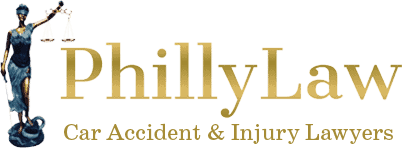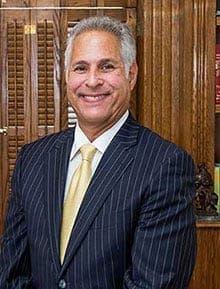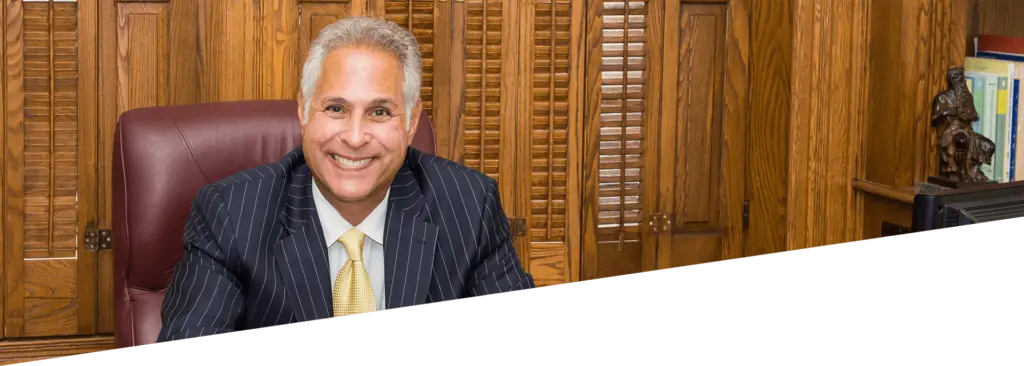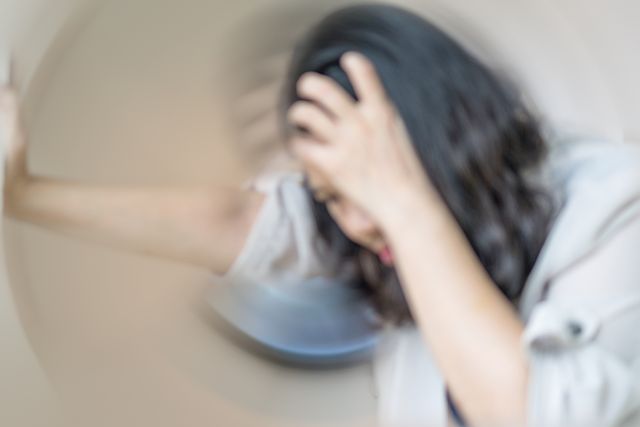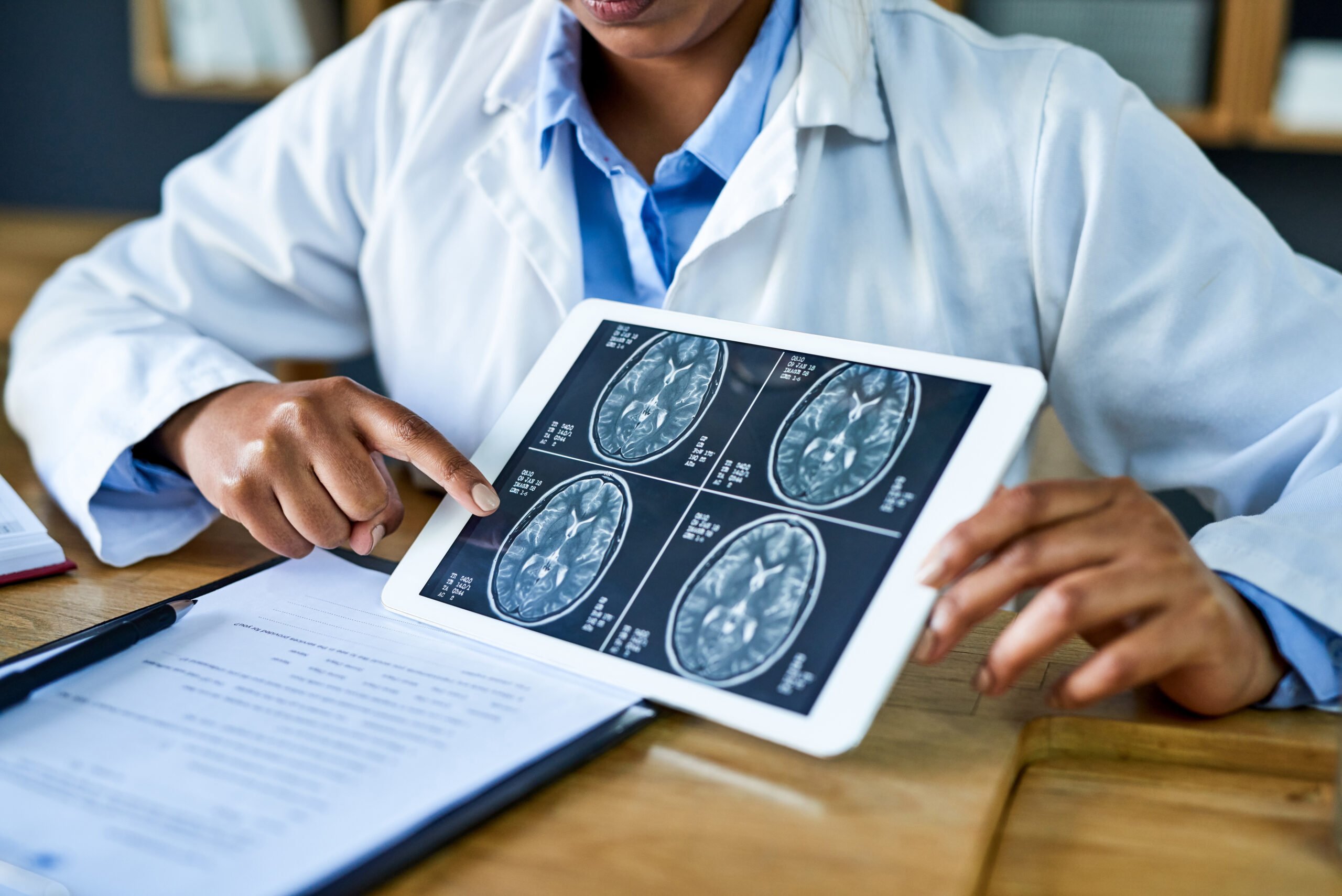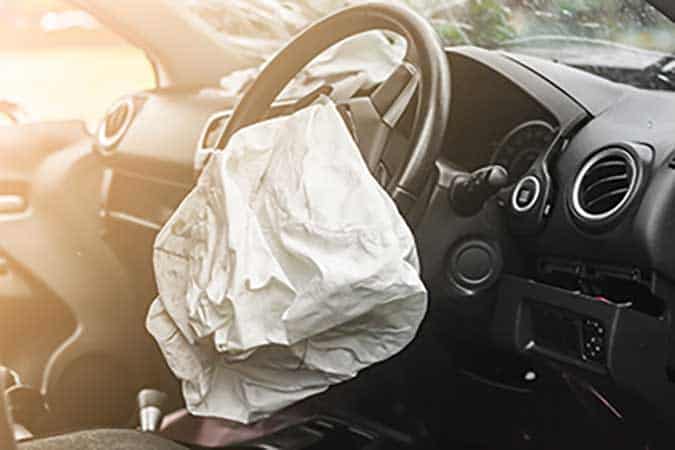Blurred Vision From a Car Accident
Blurry vision following a car accident is a common complaint that can result from a variety of underlying issues. This symptom may be attributed to direct trauma to the head or eyes, the stress and shock of the accident affecting the body, or even the sudden deployment of airbags. Immediate medical attention by an eye doctor is recommended to rule out these potentially severe conditions and to initiate the appropriate treatment as soon as possible. If you are suffering blurry vision after a car accident, contact an experienced car accident lawyer at PhillyLaw for a free consultation to learn more about your rights to recover compensation for your injuries.
Reasons for Eye Problems After a Car Crash
The reasons for eye problems after car accidents can vary widely, encompassing both direct injuries to the eye and indirect issues resulting from the trauma of the accident. Some vision problems require urgent medical attention after a car crash. Common causes include:
Traumatic Brain Injury
A violent jolt or blow to the head can lead to a traumatic brain injury, which may affect vision due to the brain’s role in processing visual information, causing blurry vision.
Airbag Deployment
The force of an airbag, while potentially life-saving, can cause eye injuries or exacerbate existing conditions, leading to problems such as corneal abrasions or retinal detachment.
Glass or Foreign Objects
Shattered glass or debris can lead to direct eye injuries, including cuts, foreign objects in the eye, or more severe conditions if the material penetrates the eye.
Whiplash
Vision problems occur from this common car accident injury, caused by rapid back-and-forth movement of the head, due to associated nerve or brain injuries.
Stress and Shock
The emotional impact of an accident can lead to a temporary disturbance in vision, known as vision tunneling, among other stress-related visual symptoms.
Binocular Vision Disorder
Binocular vision disorder encompasses a range of conditions that disrupt the coordinated use of both eyes, resulting in symptoms such as double vision, eye strain, headaches, and difficulties with depth perception. After a car accident, this issue may arise due to injuries that affect the alignment or functioning of the eyes, preventing them from working together effectively. Trauma to the muscles controlling eye movements or to the nerves responsible for eye coordination can lead to binocular vision disorders. These conditions can significantly impact daily activities, making tasks such as reading, driving, and judging distances challenging. Professional evaluation and treatment, often involving vision therapy or corrective lenses, are vital for individuals experiencing these symptoms following a car accident.
It is essential to recognize these potential causes and seek immediate medical evaluation to prevent long-term damage.
Medical Treatment for Vision Problems After a Car Accident
Treating vision problems following car accidents depends on the underlying cause of the symptoms. Immediate medical treatment is crucial for accurately diagnosing the issue and commencing the appropriate treatment to recover visual skills. Options may include:
Medical Evaluation
A comprehensive functional eye exam by an ophthalmologist or optometrist is essential to assess any damage to the eyes and diagnose vision problems. Neurological evaluations may also be necessary if a traumatic brain injury is suspected.
Medication
In some cases, medication may be prescribed to alleviate symptoms. This could include pain relievers, anti-inflammatory drugs, or specific treatments for conditions such as glaucoma or retinal detachment.
Surgery
For severe eye injuries or conditions like retinal detachment, surgery may be required to repair the damage and restore vision.
Rehabilitative Therapy
Vision therapy may be recommended for those suffering from vision problems due to traumatic brain injuries. This can help improve eye coordination and visual skills.
Neuro-Optometric Rehabilitation
Neuro-Optometric Rehabilitation is a specialized form of therapy designed for patients who have experienced visual disturbances as a result of neurological conditions, such as those stemming from a traumatic brain injury (TBI), stroke, or even the aftermath of a car accident. This approach focuses on improving visual function that has been compromised, affecting the person’s ability to perform daily tasks.
Rest and Recovery
Allowing the body and eyes time to rest and recover is often advised, especially in cases of stress or shock-induced vision issues. Reducing screen time and avoiding strenuous activities can facilitate healing.
Follow-Up Care
Regular follow-up appointments with eye care professionals and other relevant specialists are vital to monitor recovery and adjust treatments as necessary.
It’s essential for individuals experiencing blurred vision after a car accident to seek immediate medical attention to determine the most effective treatment plan and to minimize the risk of long-term damage.
PhillyLaw is Committed to Obtaining Compensation Victims Suffering Diminished Visual Symptoms After a Car Accident
If you’ve experienced visual problems following a car accident, PhillyLaw is here to assist you. Our team understands the complexities of injuries resulting from such incidents and the significant impact they can have on your life, including the development of vision problems. We believe in fighting for the compensation you deserve to cover medical evaluations, treatments, and any rehabilitative therapy you may need for your recovery. At PhillyLaw, your vision and overall well-being are our top priorities. Contact us today to learn how we can help guide you through this challenging time. Contact our car accident lawyers today for a free consultation.
